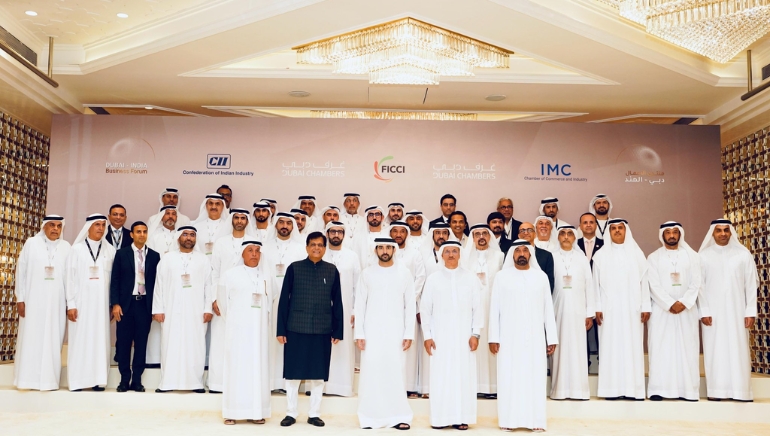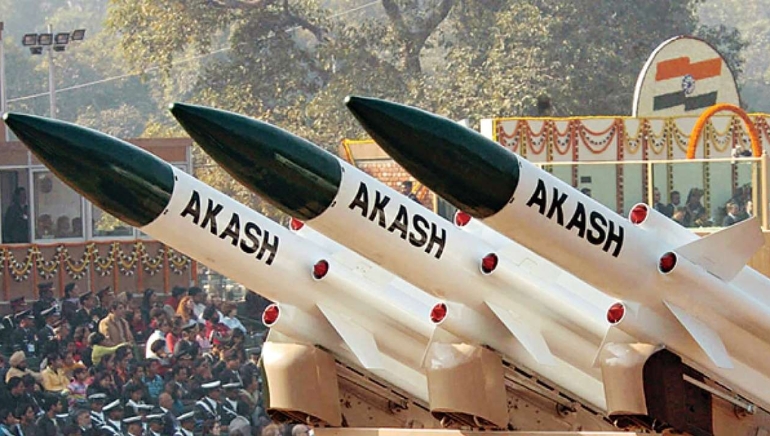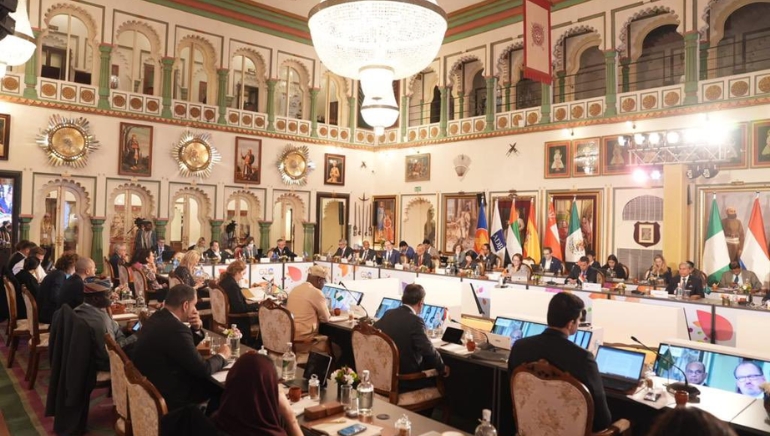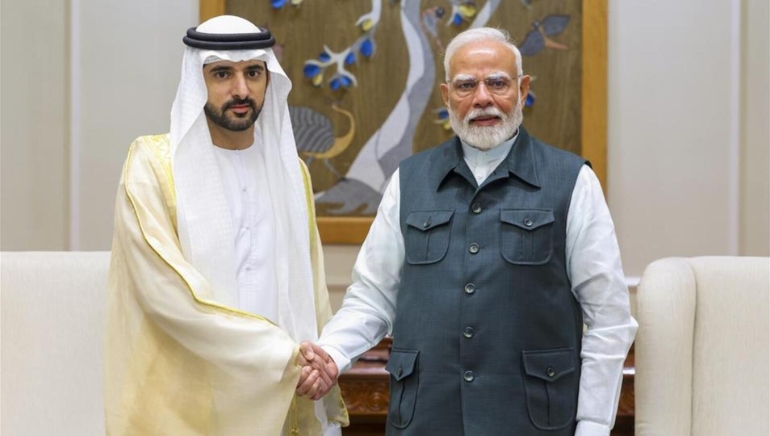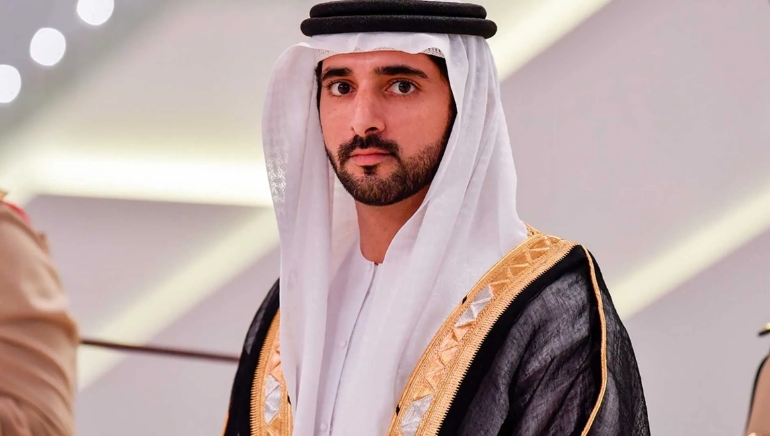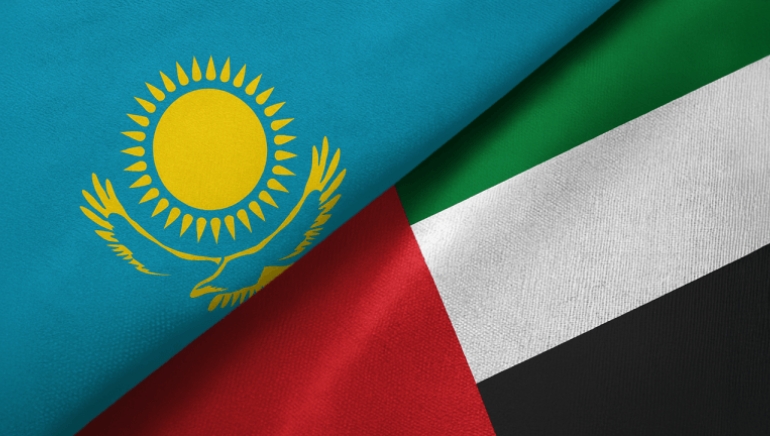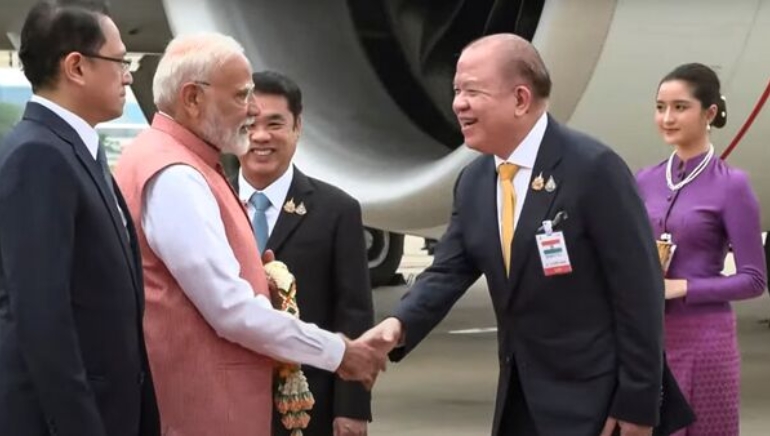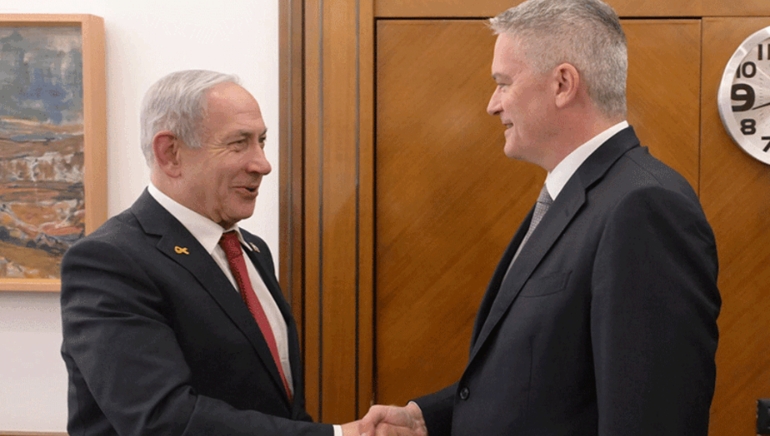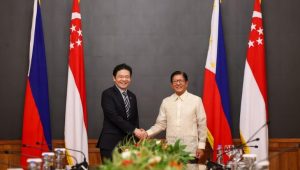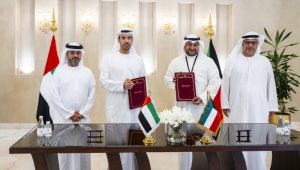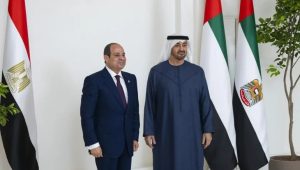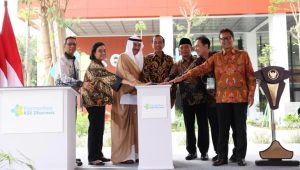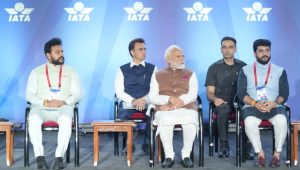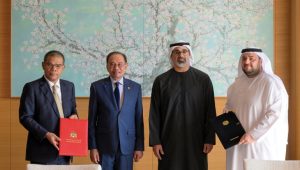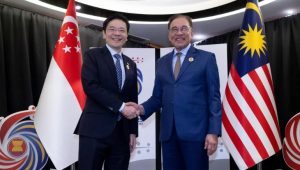India and the UAE are making steady progress towards their objective of $100 billion in non-oil trade, according to Union Commerce and Industry Minister Piyush Goyal, speaking at the Dubai-India Business Forum in Mumbai. He emphasised the two countries’ growing strategic engagement and called the Comprehensive Economic Engagement Agreement a landmark event in their economic cooperation.
Goyal stated that the speed and scale of bilateral commerce growth had been outstanding, emphasising the UAE’s critical role in India’s push to Africa. Dubai Chambers organised the event, which was attended by Dubai Crown Prince Sheikh Hamdan bin Mohammed Al Maktoum, who is visiting India for two days.
He lauded the UAE’s investments in India’s logistics and digital infrastructure, notably DP World’s efforts to change the logistics ecosystem. On the education front, he announced plans to open new campuses for the Indian Institute of Management and the Indian Institute of Foreign Trade in Dubai, following the successful inauguration of an IIT campus.
Goyal also commended the UAE for helping the Indian diaspora, notably during the COVID-19 pandemic. Highlighting India’s economic ambitions, he urged for increased investment in crucial industries such as green hydrogen, fintech, and nuclear energy, pushing firms in both countries to seize growing opportunities.





